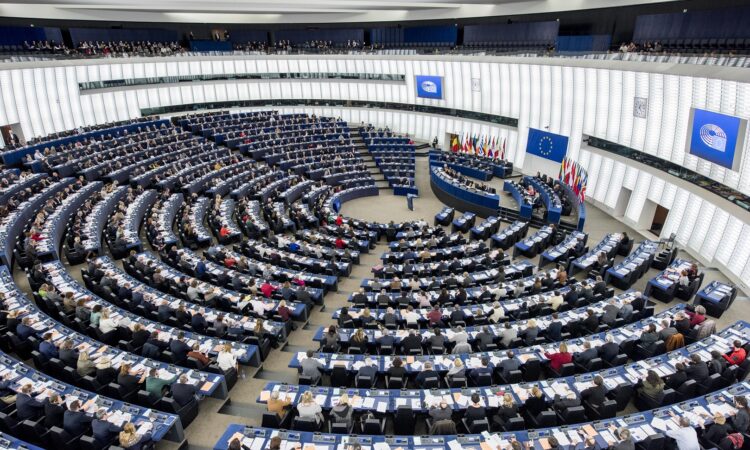
The European Parliament is threatening court procedures against the European Commission over its decision to unfreeze a portion of EU funds owed to Hungary, Andor Deli, an MEP of Hungary’s ruling Fidesz told a joint hearing of the EP’s budgets and budgetary control committees in Brussels on Wednesday.
In his address to the hearing on the implementation of the rule-of-law conditionality regulation in connection with Hungary, Deli said the Hungarian government was under attack for ideological reasons.
“Summer is coming,” he said, referring to this year’s European Parliament elections. “By looking at the dissatisfaction” of European citizens, “it seems that this House may become a different place after the elections,” he said.
European Commissioner for Justice Didier Reynders said the EC had decided last December that the judicial reforms adopted by Hungary met the conditions put in place by the Commission.
These reforms, he said, included changes to how the head and deputy head of the Kuria, Hungary’s supreme court, are appointed, as well as changes to the regulation of the administration of courts.
Reynders added, however, that the EC still had concerns regarding the child protection law and the asylum law, and “the related parts of the programmes remain blocked”.
Nicolas Schmit, the commissioner for jobs and social rights, said that after thorough assessment and exchanges with the Hungarian authorities, the Commission had considered the four milestones relating to the independence of the judiciary to be fulfilled. “As a result, certain parts of the CPR funds were indeed unblocked,” he said. “This means that until 2030, the Commission may reimburse up to 10.2 billion [euros] to Hungary from the cohesion policy funds, maritime and fishery funds and home affairs funds.”
Johannes Hahn, the budget commissioner, said that if Hungary implemented the changes, an agreement could be reached. He said the purpose of the conditionality regulation was “not to punish member states . but to ensure the sound protection of the financial interests of the Union”.






